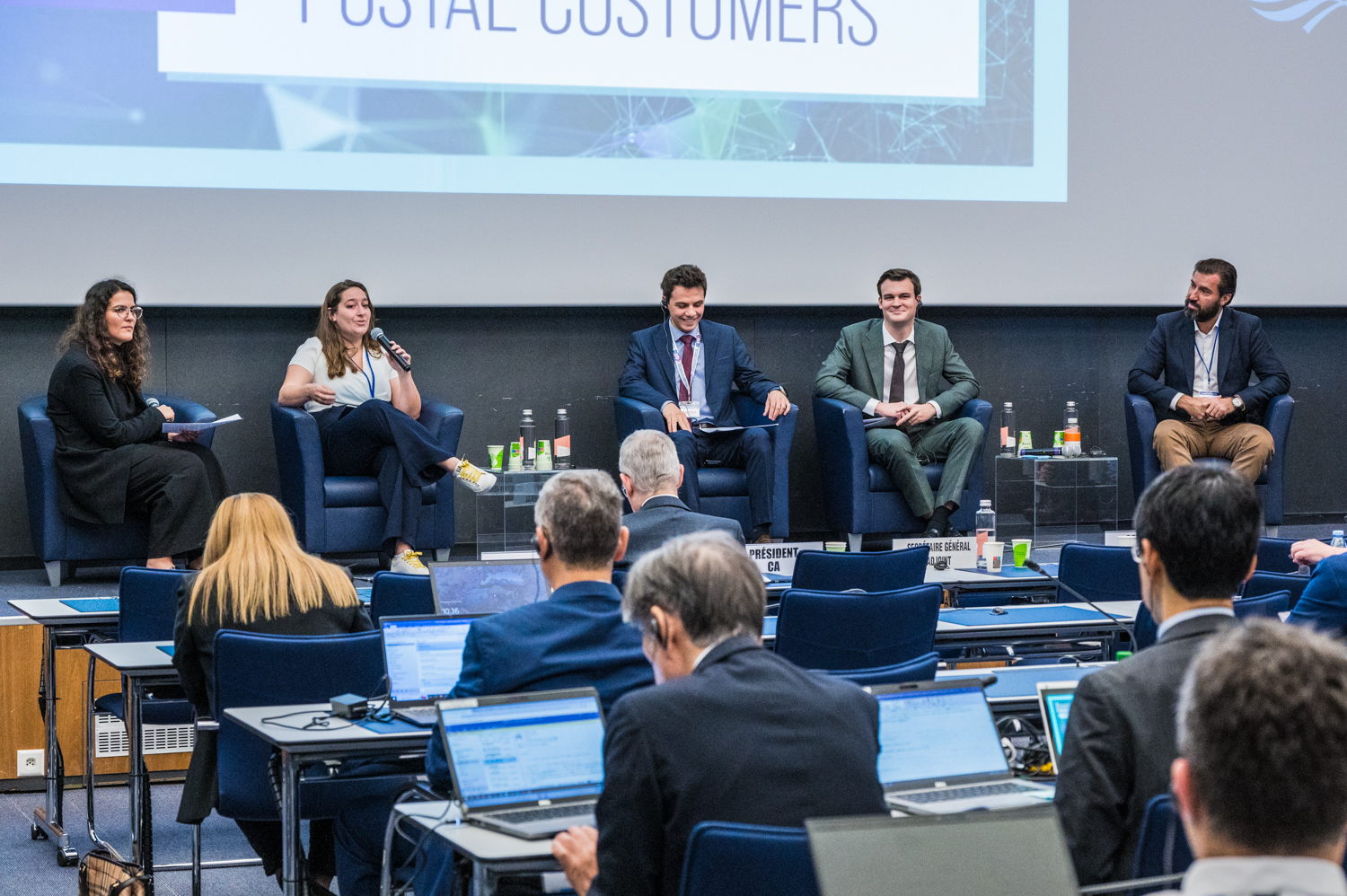The 2024 Postal Innovation Forum, held during the UPU’s fall Postal Operations Council session, explored how AI can shape customer experiences and futureproof postal services, focusing on balancing technology with the human touch.
In opening remarks to the forum, UPU Director General Masahiko Metoki said, “The UPU is committed to being the driving force behind smart, collaborative solutions, but success requires all stakeholders to come together.”“By working as one, we can create a postal ecosystem that is more efficient, inclusive, and trusted by our customers all over the world.”
In his keynote address on navigating customer experience in the AI era, EY Government and Public Sector Partner Martin Eduard Debusmann emphasized the limitation of the technology in interpreting human emotions or motivation, advising postal operators to be mindful of how this could lead to customer frustration. He recommended that the UPU work towards a unified AI strategy and shared solutions that could help bridge the digital divide between the most and least developed countries.
Debusmann, DHL Senior AI Product Owner Carolina Deutschbein, Fraunhofer-Institut Project Manager Katharina Weitz, ETH and Unjam Senior Scientist Alberto Padoan, and Poste Italiane Head of Artificial Intelligence Hub Cosimo Birtolo explored the value of the human touch amidst the adoption of AI during a follow-up panel discussion.
Panellists addressed distrust of AI, highlighting the importance of transparency with customers when implementing these solutions to avoid frustration and maintain trust. As an example, Deutschbein highlighted how DHL’s customer service voice bots identify themselves as AI, offering customers the choice to interact with a human instead.
Discussions emphasized that more needed to be done to target AI solutions appropriately to human needs and expectations, but without the assumption that any AI solution will be able to address every problem perfectly. They stressed the need for collaboration between countries to ensure the protection of customer data.
Olivia Lina André, a researcher at the University of Fribourg, University of Antwerp researchers Serhat Yüksel and Stijn Michielsen, and International Labour Organization Senior Researcher Pawel Gmyrek gathered for a second panel discussion focused on engaging next-generation customers.
Participants discussed tailoring services for Gen Z and Gen A, who prioritize customizable, seamless digital experiences and sustainability. Experts advocated for postal services to use AI and other technologies to offer customized options and more flexible delivery solutions, while underscoring the need to be transparent as to how any data requested and collected from customers would lead to customization. They suggested that partnerships could help fill gaps while improving the integration of platforms as expected by younger customers.
Panellists discussed the importance of preparing the workforce for the implementation of new technologies. Gmyrek highlighted the importance of using AI to augment postal jobs rather than replace them, maximizing the value added by human interaction in postal services. Training current staff on these tools would be critical, as would drawing younger, digitally native staff to the postal workforce.
Jean-Paul Forceville, representing France as Postal Operations Council Chair, closed the forum by reinforcing the necessity of AI in evolving postal operations globally, especially for lesser-developed regions. He emphasized the UPU’s role in democratizing access to AI, helping member countries implement technology that preserves the human elements critical to maintaining customer trust.
